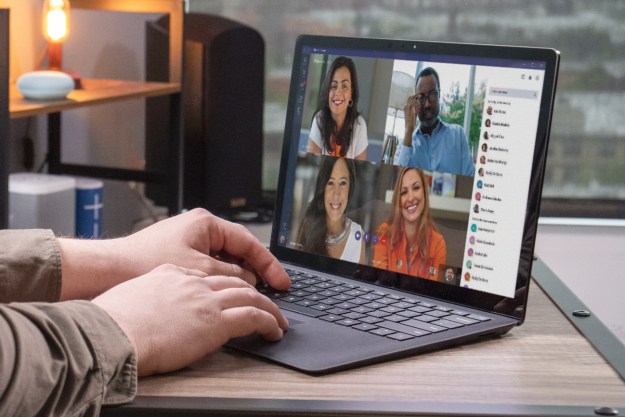For some folks, it might represent another step towards an Orwellian marketing universe; for others, it’s just the natural stomp of progress.
Eager to increase its share of the burgeoning online advertising market, Microsoft has begun offering advertisers the opportunity to target specific demographic groups of users on Microsoft sites and online properties by combining users’ search habits with personal demographic information.
According to press reports, Microsoft has begun using session information and user identifiers embedded in browser cookies in conjunction with demographic information collected from users when they sign up for Microsoft offerings, like Windows Live, HotMail, MSN, and other services. The result—and Microsoft’s so-far unique spin on targeted advertising—is that the approach enables the company to combine elements of a user’s activities (such as their search history) with demographic information (such as their age, gender, and location). Microsoft is apparently using this information to create aggregate groups of users—say, males under 30 interested in video games, or women over 25 interested in international travel—and offering advertisers the opportunity to target those selected groups.
The idea of targeting advertisements based on search history is nothing new, and has been employed by Yahoo and Google for some time: use those search engines to look for something specific, and soon you’ll see sponsored links and advertisements zeroing in on products the sites think might be related to your search. (Try it with consumer electronics products, if you want to test, rather than something obscure like passages of Cicero.)
According to reports, Microsoft begin testing its behavioral targeting system in late 2005, and began offering it to advertisers in September, 2006. Microsoft’s Adam Sohn has been quoted by the Associated Press as saying the system increases the odds a user will click on an add to as high as 76 percent.
Combining demographic information with search history details raises privacy concerns—are Microsoft and other companies keeping these profiles private (if so, how secure are they?) or are they sharing them with partners and clients (read the terms of service for these services carefully for some surprises). But marketers steadfastly claim that targeted advertising makes ads more relevant to users, and thereby improves the quality of their online experience and, by extension, their entire lives. (My, that’s awfully big hearted!)
Editors' Recommendations
- Best Microsoft Office deals: Get Word, PowerPoint, and Excel for free
- Get this Asus laptop with a year of Microsoft Office for $199
- How to build a table of contents in Microsoft Word
- Microsoft Word free trial: Get a month of service for free
- Save $150 on a lifetime license for Microsoft Office for PC

